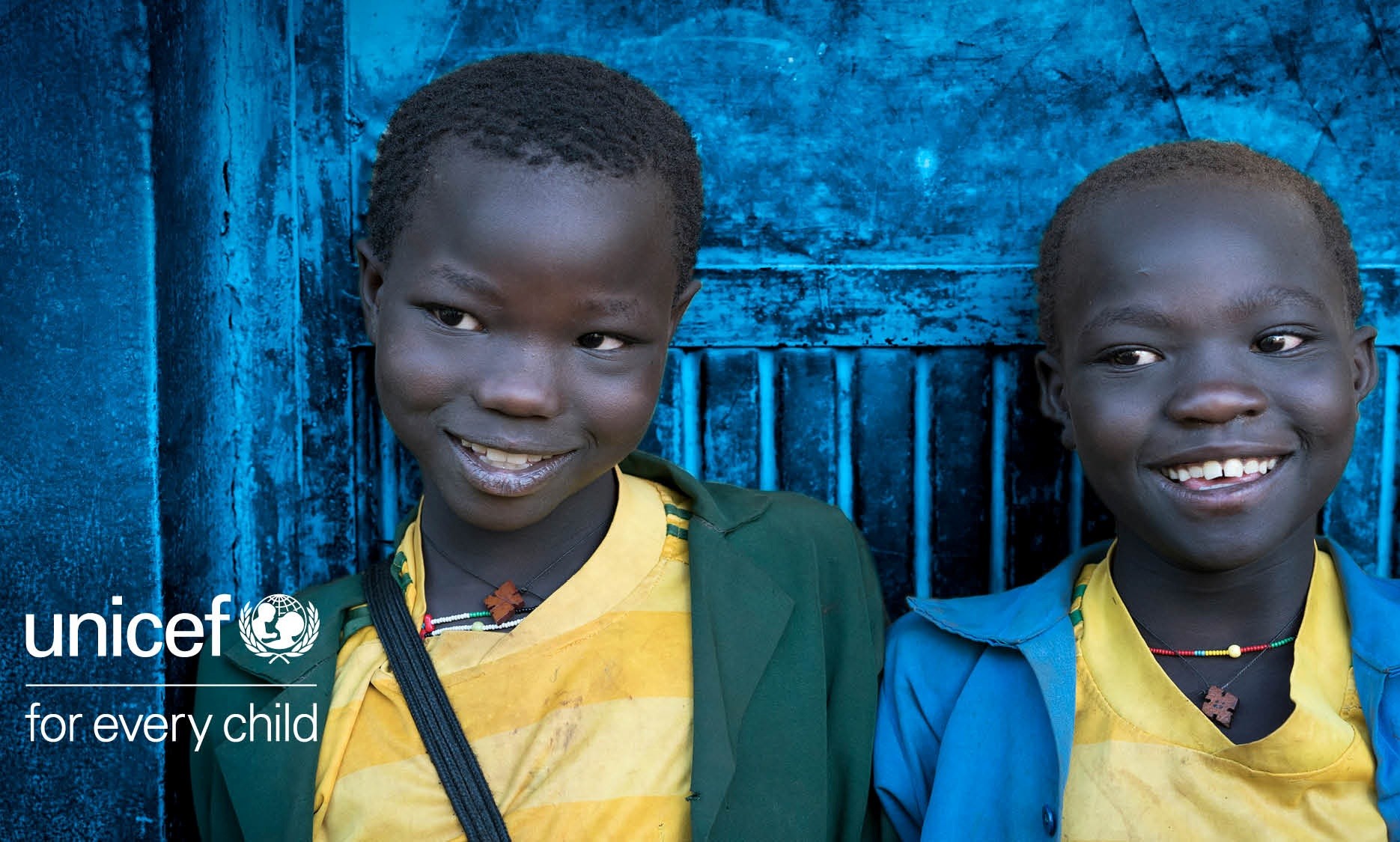Kebbi emir calls for engagement of EU, UNICEF in community development

The Emir of Argungu, Alhaji Sama’ila Muhammad, has called for more engagement with the European Union and United Nations Children’s Fund (UNICEF) in the area of community health development.
The emir made the call on Tuesday when he received a team from UNICEF, led by Rabiu Musa, UNICEF Communication Specialist, in his palace in Argungu, Kebbi state.
Muhammad, who commended the organisations for their various intervention programmes, said the intervention had transformed healthcare delivery system in most hard-to-reach communities in the state.
“Under the programme we have enjoyed a lot of extension and improvements in our facilities; from buildings to operators and staff and several others.
‘’The intervention has also made it possible for us to build a strong relationship with health workers and also community mobilisation efforts which has made our people to accept routine immunisation the more.
“Also, the provision of motorcycles has made it easier for health workers to move from one place to the other, especially the hard to reach areas so as to ensure that our women and children receive healthcare assistance.
“The population is increasing by the day and demands for healthcare services are also increasing, facilities are becoming insufficient for the population and interventions like these are the only way states can meet their citizen’s health needs.
“We are most grateful to UNICEF and EU for enduring to work with us for many years now. And the goodwill has helped a lot in mobilising resources and making sure that what is given is delivered to where it is supposed to make the best impact”.
He also charged the donor agencies on more engagement with traditional and religious leaders for community development, saying that was an effective way development of communities can be fast tracked.
He appealed that as facilities are being built, accommodation for service providers should also be added.
“Wherever health facility is built, it is important that accommodation is made available for service providers.
“In some of the rural areas facilities are available, but it is most inappropriate that officials will be living very far from their working areas. Child delivery can happen at any time and there is need for doctors and nurses to be around 24 hours.
“So just as you are providing equipment, it is also important to provide accommodation for workers. There is also the need to intensify community engagement with traditional and religious leaders.
“They need to work very closely not just for provision of interventions, but to also know what the needs of the communities are.”
Speaking earlier, Musa appreciated the cordial relationship between the organisations and traditional rulers in the state, adding that this had helped in meeting the target of improving the health of especially women and children.
He said that communities in the state had also been very cooperative in the acceptance of programmes and project initiated by EU through the UNICEF.
‘’Kebbi had been a model for us in our target of improving the health of women and children as well as pregnant women. The programme of reaching out to the hard to reach community has been successful and accepted by the communities.
‘’The communities in which these projects are sited should continue to manage and own them so as to sustain it,’’ he said.
Comments
Post a Comment